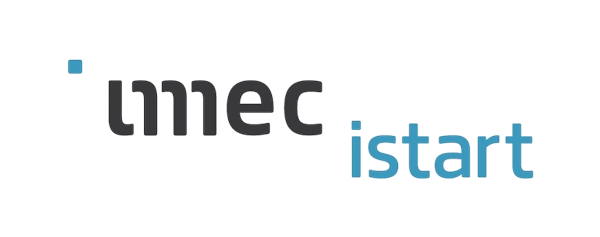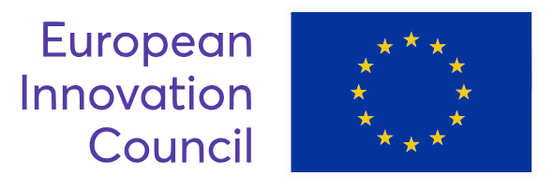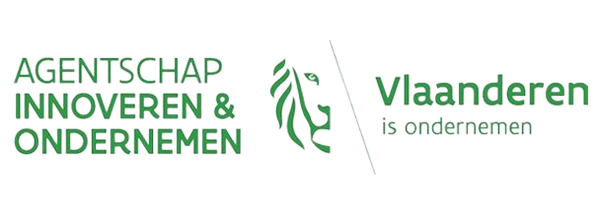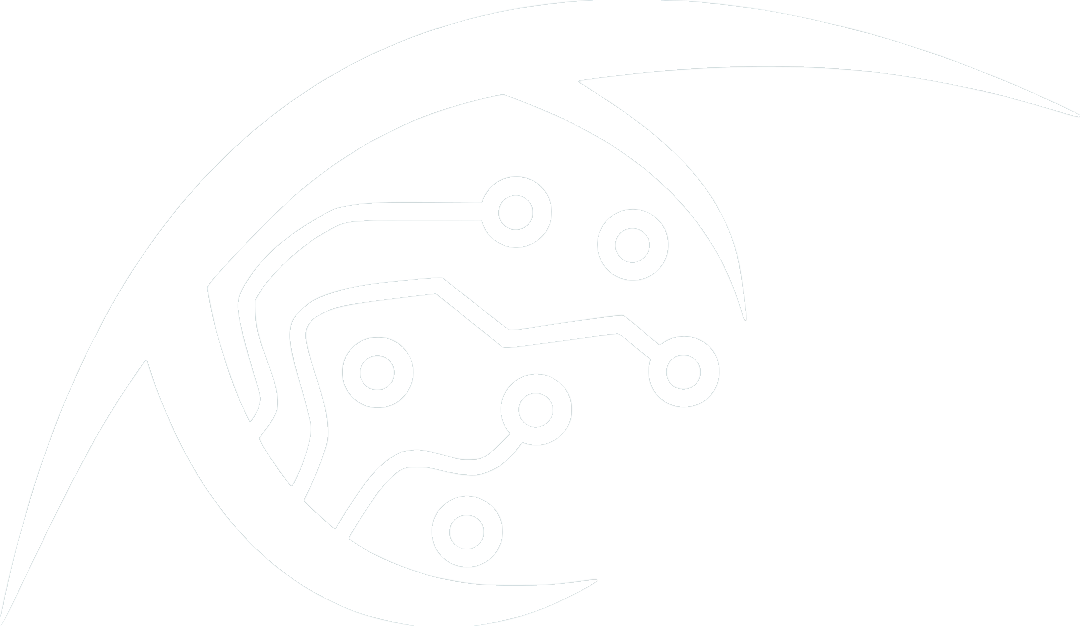
We’re developing breakthrough cortical implant technology to give vision back to the blind.
Our highly advanced micro-electrode technology allows to implant thousands of electrodes in the brain, each as thin as a single cell. The implant is wirelessly linked with a headset that contains cameras and signal processing. Together, these will enable blind people to re-gain useful vision.





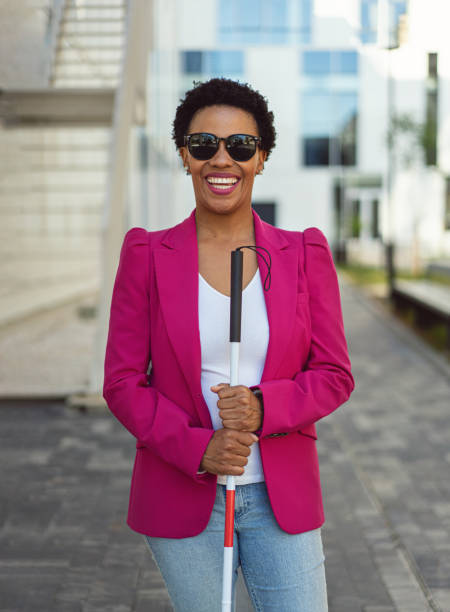
Blindness and severe vision loss are devastating conditions that affect tens of millions of people worldwide, stripping away independence and quality of life.
For many forms of blindness, especially when the retina is affected, there are currently no effective therapies available.
While today’s solutions focus on treating the eye itself, ReVision’s cortical prosthesis represents a breakthrough: bypassing the eye entirely by delivering visual information directly to the brain. Compared to earlier visual prostheses that focused on implanting in the eye, the performance will be at least 10x better - a long awaited breakthrough.
Our mission at ReVision is to transform the lives of people living with blindness by restoring the most vital sense of all; the ability to see.
ReVision has conducted extensive preclinical testing in both mice and non-human primates, demonstrating the long-term safety and feasibility of delivering visual information directly to the brain through cortical electrodes.
These studies have validated our approach of translating a digital camera feed into electrical stimulation patterns distributed across an electrode array in the visual cortex.
The studies demonstrated:
Clear and reproducible activation of visual cortex regions in response to patterned stimulation.
Evidence that stimulation patterns can be differentiated and interpreted by subjects, laying the foundation for perception of visual information.
Confirmation that our approach can be extended from small animal models to primates, supporting the potential for translation into human trials.
ReVision Implant was founded in 2020 by Prof. Peter Janssen and Dr. Frederik Ceyssens with the mission to restore vision through breakthrough neurotechnology. Building on their expertise in the neurophysiology of the visual cortex, brain stimulation, and the microfabrication of flexible implants, they set out to develop a cortical prosthesis that can bypass damaged eyes and deliver visual information directly to the brain.
Since then, ReVision has grown into a multidisciplinary team, uniting neuroscience, engineering, and medical device development with a shared culture of innovation and impact. Our knowledge on extreme miniaturization of medical devices can serve many applications, our main focus is the dire and completely unserved need of treating most forms of blindness.

